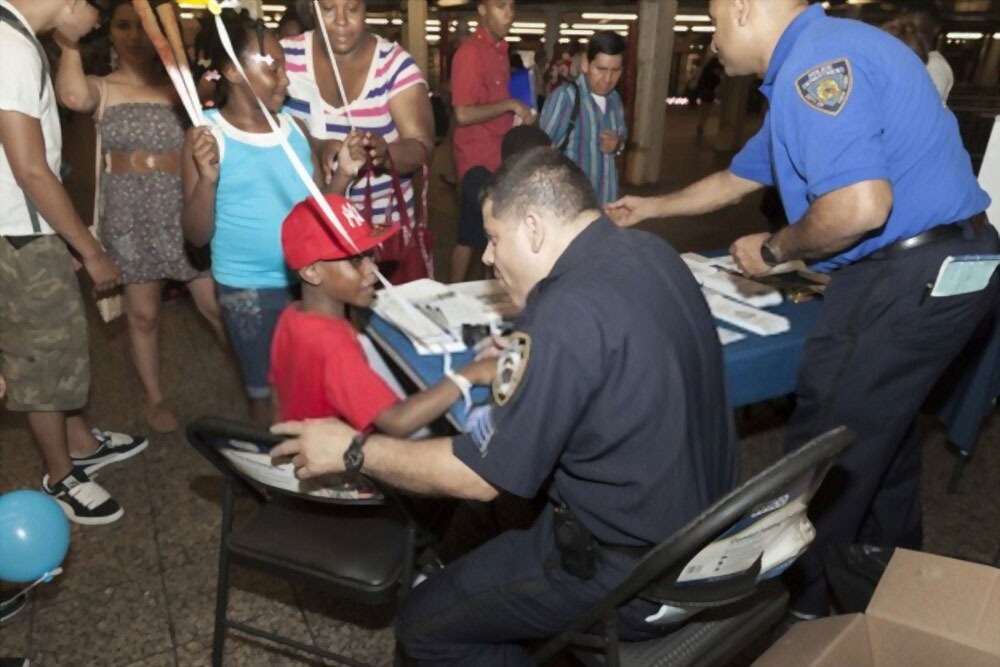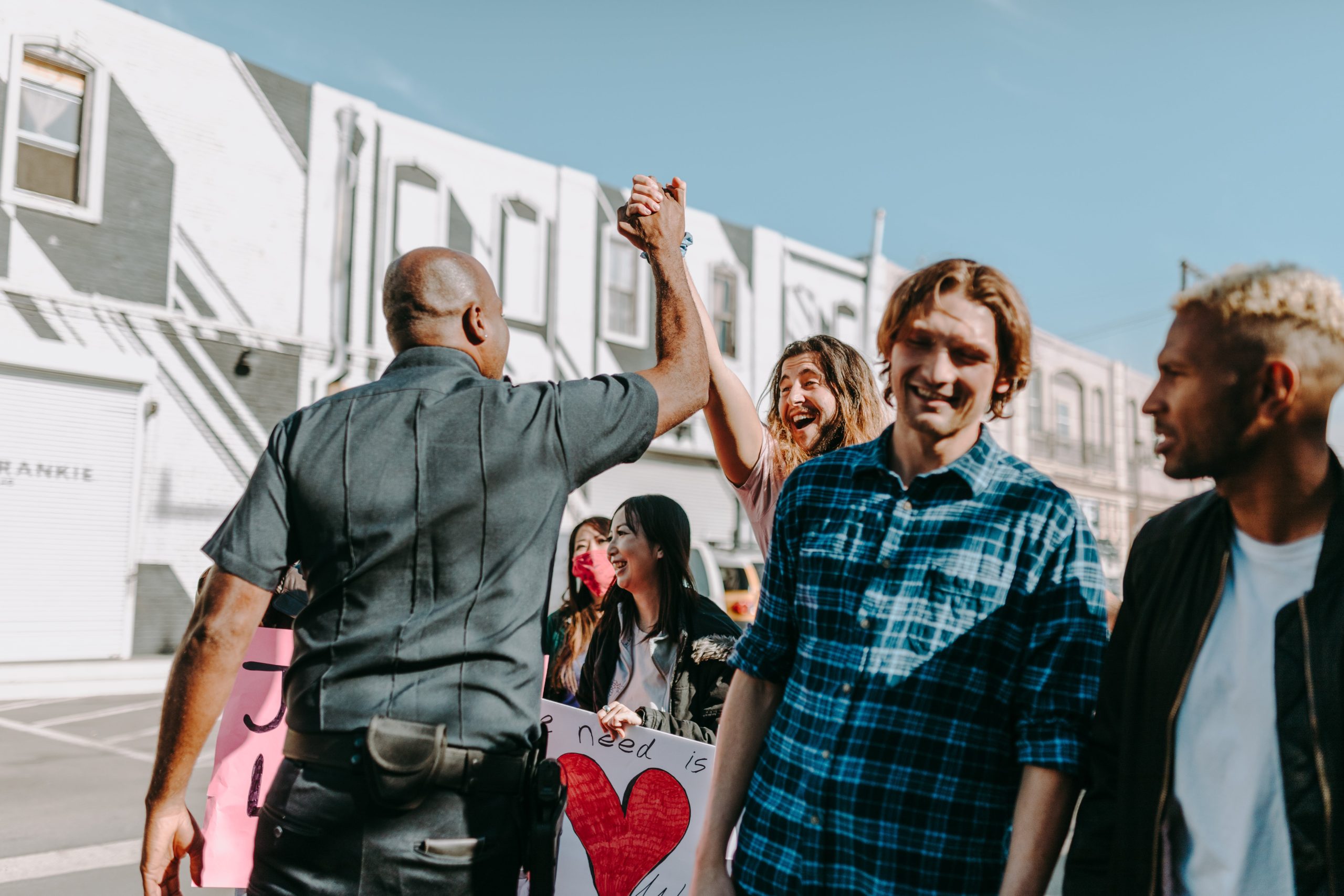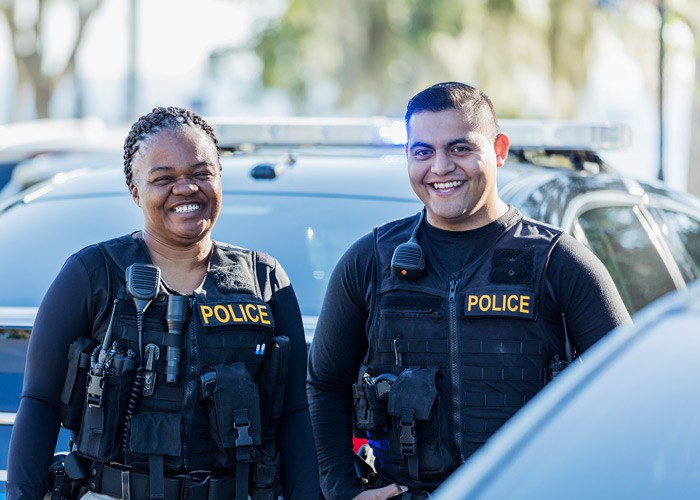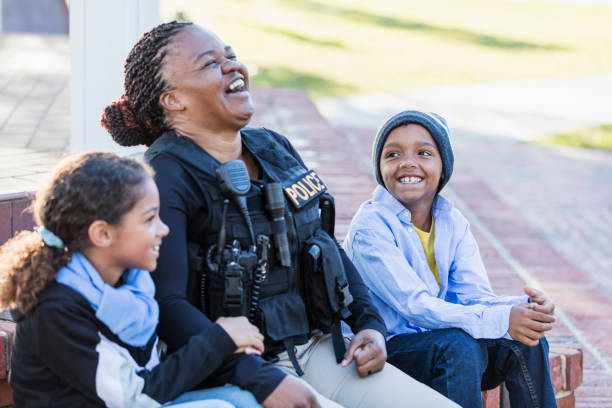How to Create a Culture That Promotes Trust
Trust is a core component of personal and interpersonal relationships. Without having faith in ourselves, we cannot maximize our full potential. Likewise, interpersonal relationships fail without a level of trust. Building confidence becomes even more relevant in partnerships like community policing and work areas because of what is at stake.
There are many ways you can build trust with people as a law enforcement officer or team leader. However, every person in a position of power has a more significant role in creating a culture that promotes trust.
Here are some ways to build an environment of trust.
Lead by the Example You Want to See: Trust Your Teammates and Subordinates
It is a common practice to give your name before asking for another person’s identity. A similar rule applies to creating a trust-oriented culture. A person is more likely to depend on you if they believe you trust them.
Additionally, people are more inclined to rally around dependable people. If you aim to build trust with people, you have to earn their trust and trust them. Some things you can do to prove you are trustworthy and trust your teammates include:
- Display 100% honesty in all possible areas and try to keep your words —whether they are promises or not.
- Even if you are a perfectionist, micromanaging people makes them feel incompetent. Try to avoid micromanagement.
- Be supportive of your team and give them the benefit of the doubt on all occasions.
- Display whatever level of competence you want to see.
- Solve problems with tact and engage in constructive conflict resolution.
- Protect your employees whether they are present or not.
- Start building trust from the first day.
Engage in Communication: Ask for Feedback
It is difficult to see our flaws clearly, so feedback is essential. Likewise, without communicating our expectations clearly, people’s failure to meet them is our fault. If you can engage in two-way communication, you can build trust better.
As Law Enforcement Officers we should solicit feedback from the community to improve their perception of us and build rapport. Similarly, officers and police chiefs also need to set goals and expectations clearly. Clear, open, and honest communication reduces room for errors caused by misinformation and misinterpretation. Being open-minded, giving detailed information, and responding to feedback makes the system a well-oiled machine that promotes trust-building.
Summary
Establishing rapport is crucial in fostering a harmonious community. Daily efforts at building faith in interpersonal relationships create a culture that allows confidence to grow. These processes can be easily implemented in your agency.





